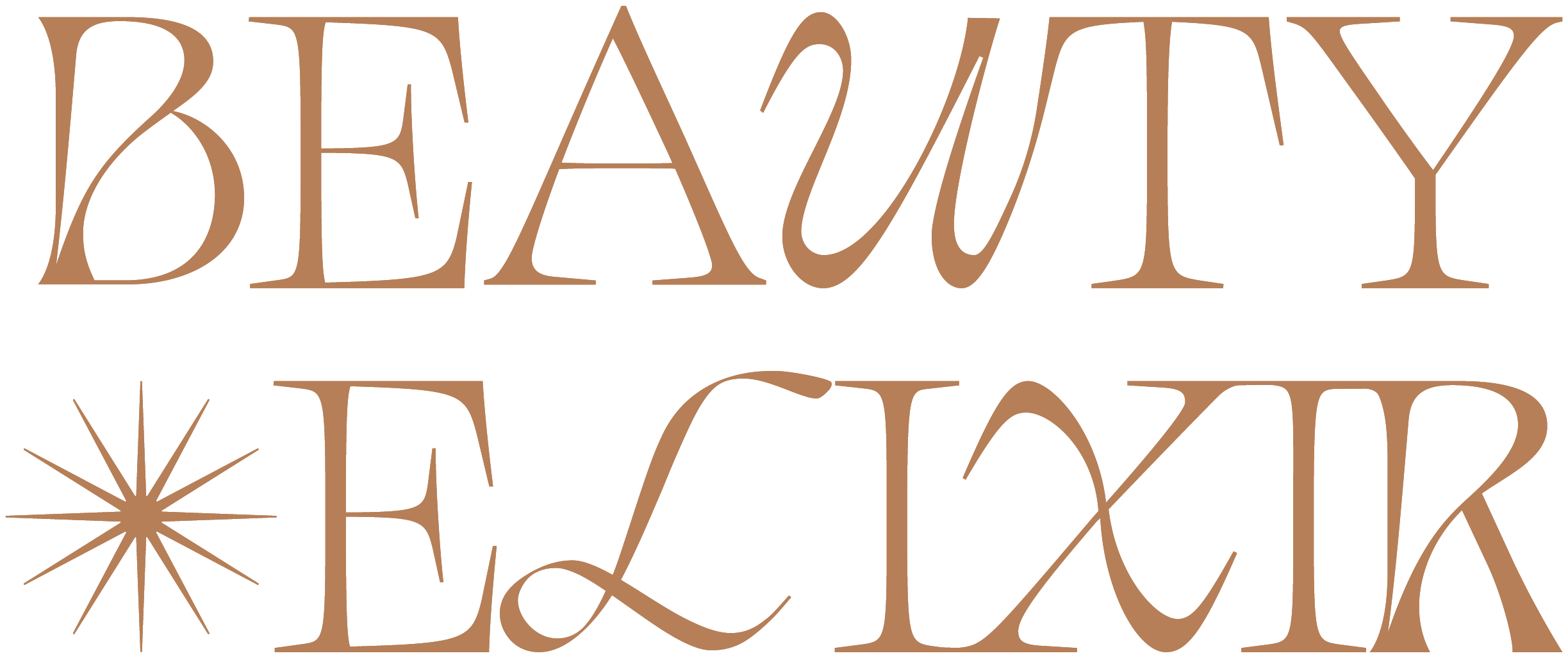Why Your Skincare Should Focus on Supporting Your Barrier – And How to Spot When It’s Just Beauty Marketing BS
We’ve all been trained by the beauty industry to chase the “quick fix.” Brightening serums. Overnight peels. Miracle acids. And don’t get me wrong - some of those things have their place. But here’s the truth that most marketing doesn’t tell you: if your skin barrier isn’t healthy, nothing else is going to land the way you want it to.
Think of your skin barrier like the roof of your house. If the roof is full of holes, does it make sense to hang up new wallpaper or put in a marble bench top? No - because the whole structure is compromised. Same goes for your skin.
What your barrier actually does
Your skin barrier (the outermost layer of your skin, called the stratum corneum) is your body’s frontline defense. It keeps water in, keeps irritants out, and communicates constantly with the deeper layers of your skin. When it’s intact, skin looks plump, calm, and radiant. When it’s damaged? Hello dryness, redness, irritation, breakouts, sensitivity… you name it.
The problem with the beauty industry
Most mainstream skincare doesn’t focus on your barrier at all. Instead, it’s designed to feel nice in the moment and promise fast results. That’s where the BS comes in.
Fragrance, colours, and unnecessary fillers: they do nothing for your skin health and often just cause irritation.
Aggressive exfoliants and actives: too much too often leaves your barrier stripped.
One-size-fits-all formulas: your skin isn’t “general” - it has its own needs, which can change week to week.
They’ll sell you peel pads then the next week come out with a “barrier repair” range. The peel pads are the reason for your impaired barrier, now in need of repair.
It’s not that all of these things are evil. It’s that without a healthy barrier as the foundation, they’re just expensive distractions.
How to know when a brand actually cares about your barrier
Here’s what to look for (and what I look for when I recommend or use products):
Barrier-supportive ingredients - things like ceramides, cholesterol, fatty acids, natural moisturising factors, and formulations that mimic skin’s own structure.
Free from common irritants - no strong fragrances, no unnecessary preservatives, no cheap silicones or mineral oils disguised as “hydration.”
Customisable or personalised approach - because your barrier today may not be your barrier tomorrow.
A “less is more” philosophy - skincare that talks about repairing, restoring, or supporting your barrier - not promising overnight transformations.
They’re not selling peel pads, harsh or chemical exfoliants or recommending you strip your skin frequently.
If a brand ticks these boxes, there’s a good chance it’s genuinely looking after your skin. If not? Chances are it’s just another shiny piece of beauty marketing.
Where to go from here
If you’re sitting there thinking “Okay, but where do I even start?” - that’s exactly why I work with Dermaviduals. Their formulations are built to support the barrier, and every routine is customised for the person in front of me. No cookie-cutter skincare, no BS marketing, just barrier-first results.
So if you’re ready to stop wasting money on products that don’t serve your skin and start focusing on what actually works, reach out. I’ll help you create a plan (and products) that meet your skin where it’s at - and set it up for long-term health and glow.
Because beauty that lasts isn’t built on BS. It’s built on barrier health.

